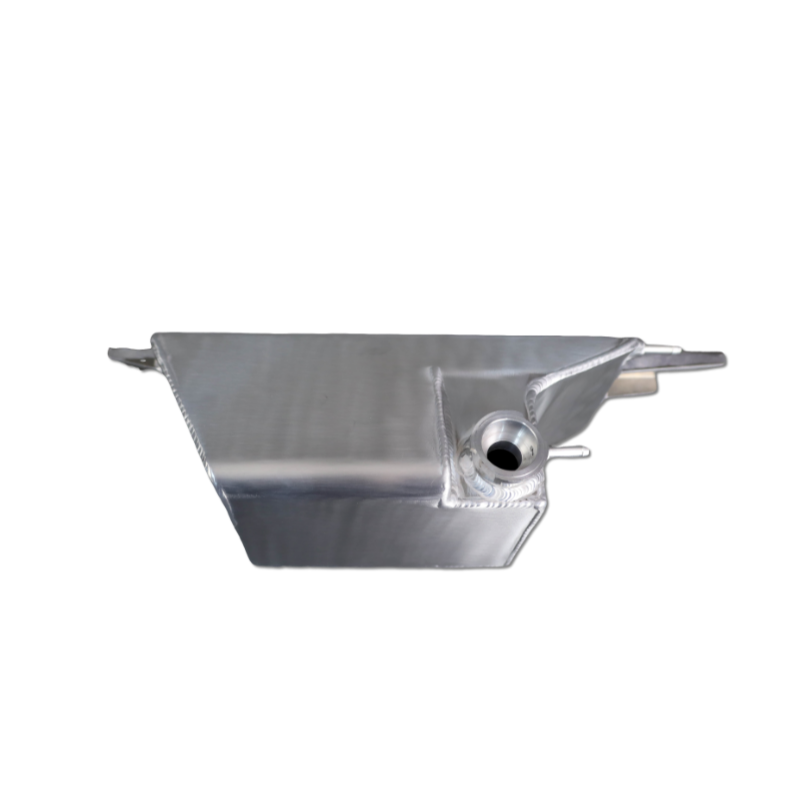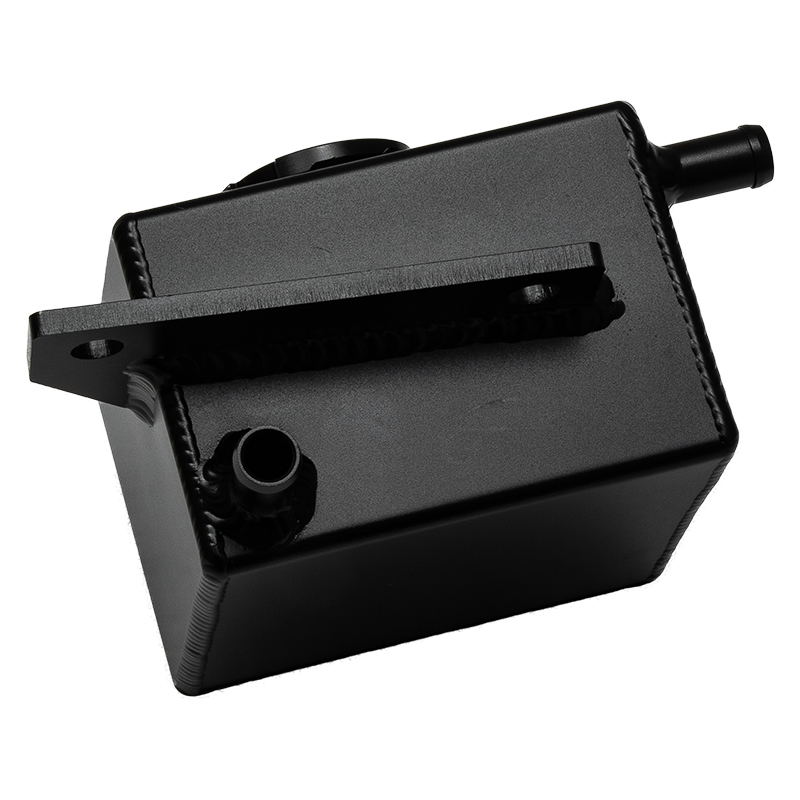冷却タンクのカスタマイズの重要な側面


1. 材料の選択
アルミニウム: 一般的な厚さのオプションには 3mm などがあります。材料が厚いほど耐久性と強度が高まります。
ステンレス鋼: より耐久性があり、高温や腐食に耐性があります。工業用途や高負荷用途に適しています。
プラスチック: コスト効率が良く、軽量です。要求が厳しくない用途や、重量が重要な要素となる用途に適しています。
2. サイズと容量:
カスタム寸法: 実際のサンプルまたは3D図面に基づく冷却剤タンクのカスタム寸法
3. 形状とデザイン
標準形状: 一般的な形状には、円筒形、長方形、正方形のタンクが含まれます。
カスタム形状: ユニークな設置のために、特定のスペースに合わせてカスタム形状を設計できます。
4. 接続と継手
入口ポートと出口ポート: 冷却システムのホースとパイプに合わせてポートのサイズとタイプをカスタマイズします。一般的なタイプには、ねじ付きポート (NPT、BSP)、バーブ付き継手、クイック接続カップリングなどがあります。
カスタムフィッティング: 複数の入口/出口ポートや高度な冷却システム用の特殊なコネクタなど、独自のアプリケーション向けに特殊なフィッティングを追加できます。
5. 表面処理と美観
仕上げオプション: 研磨、陽極酸化などから選択